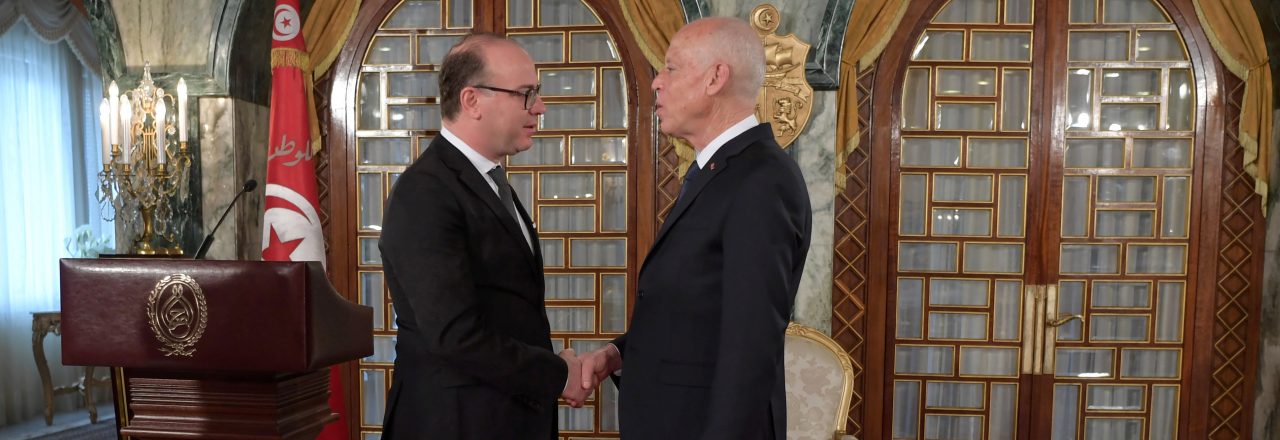
Tunisia forms a new government after a five-month political deadlock
Tunisian Prime Minister-designate Elyas Fakhfakh announced a new cabinet after reaching an agreement with Ennahda, noting that the new government will focus on the mounting socioeconomic challenges facing the country. Tunisia’s Parliament gave its vote of confidence to the new coalition government on 27 February, following nearly five months of political deadlock. Fakhfakh’s cabinet was approved by 129 to 77 votes in favour after he reached an agreement with several political parties, including Ennahda, which won the majority of the seats in last October’s parliamentary election, but failed to form a government in November. The party gave support to the new cabinet after being allocated six portfolios. Six of the 30 new ministers in Fakhfakh’s list are women, and for the first time one of them holds one of the most senior positions: Thouraya Jeribi as Justice Minster. As stressed by the Tunisian Prime Minister, there are a number of major social and economic issues the country is facing, which include corruption, low growth, persistent unemployment, mounting debt, high inflation, a weak currency and deteriorating public services. Fakhfakh noted that the ministers’ work plan will mainly focus on these socioeconomic challenges and, in particular, will intend to boost the digital economy, and tackle unemployment and violent extremism. The EU welcomed the formation of the new government, stressing that “we [the EU] are ready to work closely with the new authorities to strengthen our relationship and support reforms of mutual interests”.
- The Euromed news are edited by the team of the Euro-Mediterranean Policies Department of the European Institute of the Mediterranean -


